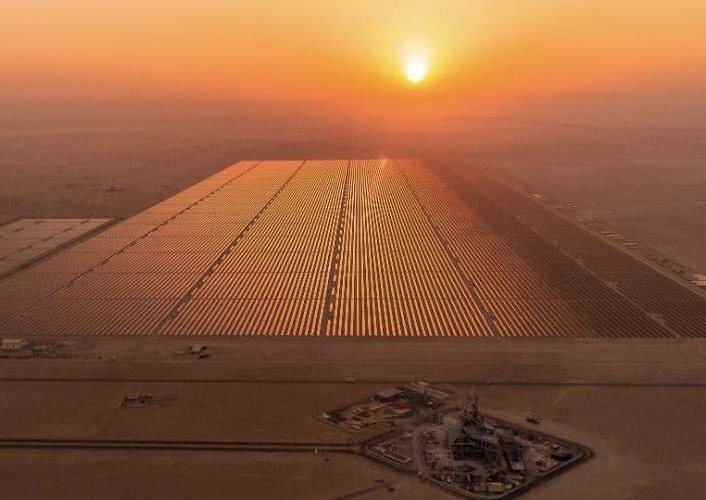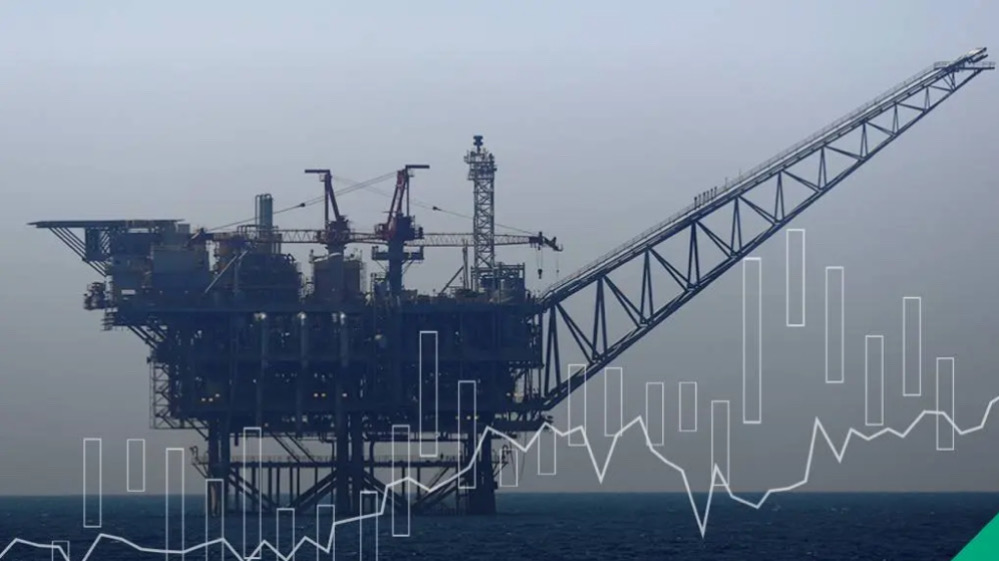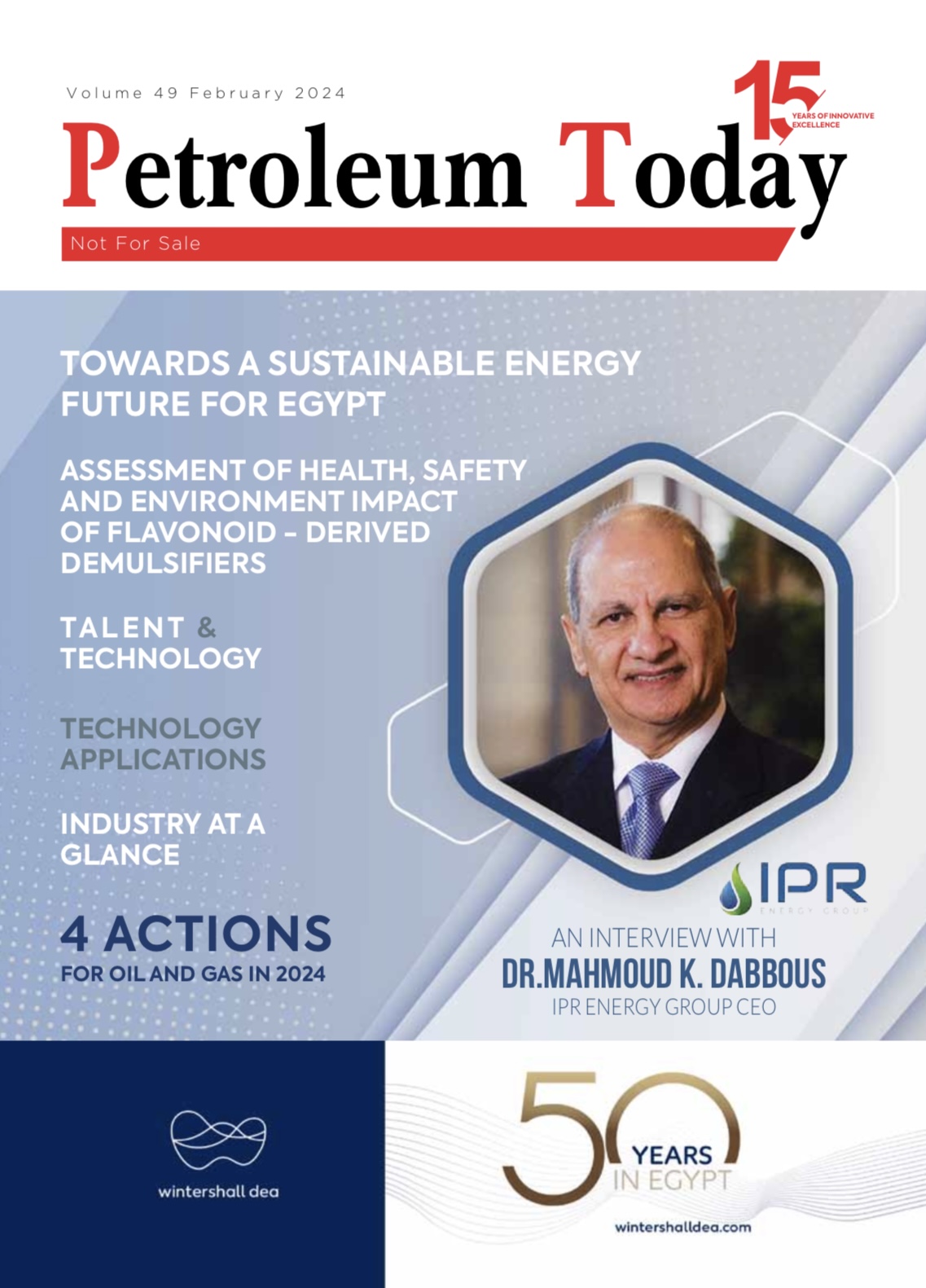Reports
Aramco CEO Says The Worst Is Over For Oil
Published on : 2020-07-02

The worst in the oil market is over, Amin Nasser, president and CEO of the world’s biggest oil company, Saudi Aramco, says, adding that he is “very optimistic” for the second half of this year.
Currently, global oil demand is somewhere around 90 million barrels per day (bpd), up from 75-80 million bpd in April, Nasser told IHS Markit Vice Chairman Daniel Yergin in an interview for CERAWeek Conversations.
“We see it in China today – it’s almost at 90%. In gasoline it’s around 95% in China. Gasoline and diesel are picking up to pre-COVID levels,” the top executive at Saudi Arabia’s state-owned oil giant said.
Recovery in oil demand will depend on whether there will be a second wave of infections, Nasser said, but noted that he is not overly concerned about that because countries and medical professionals will be much better prepared if a second COVID-19 wave hits.
Saudi Aramco, as the enforcer of the Kingdom’s oil production policy, has been instrumental in oil supply management to the market. This year, Aramco pumped 12 million bpd in April, and Saudi Arabia exported record volumes of crude, making good on its promise to flood the market with oil after the collapse of the previous OPEC+ deal in early March.
After the new deal was reached, Saudi Arabia’s oil production was slashed to in May to the required level of 8.5 million bpd.
The Saudis are now trying to reduce the inventory overhang in the United States and to tighten the market in Asia as the demand recovery continues to be slow while oil prices continue to be volatile and lower than what the Kingdom finds comfortable for its budget revenues.
Aramco is working to reduce its carbon footprint, Nasser told IHS Markit, while several European oil majors are going the extra mile and have pledged net-zero carbon emissions by 2050.
“I still believe that oil and gas will continue to be strongly part of the energy mix over the long-term. However, it’s going to be cleaner because we are working to make sure that we are reducing our carbon footprint,” Nasser said.
By Tsvetana Paraskova for Oilprice.com







